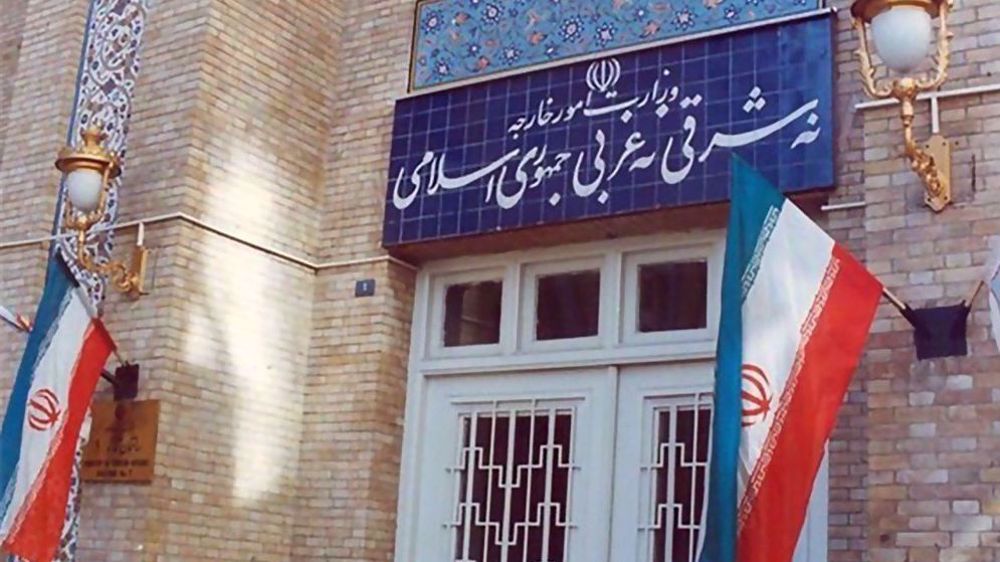Iran’s permanent representative to the United Nations office in Vienna has censured Britain, France and Germany for spearheading a resolution against Tehran at the IAEA, warning that the three European countries will bear responsibility for the negative consequences of the move.
Mohsen Naziri Asl made the statement at a session of the Board of Governors of the International Atomic Energy Agency (IAEA) on Wednesday after the 35-member body passed a resolution accusing Iran of withholding sufficient cooperation with the agency.
Ratified by 20 votes in favor, two against with 12 abstentions, the resolution proposed by the European troika — also known as the E3 — demands that the Islamic Republic step up its cooperation with the IAEA and provide “technically credible explanations which satisfy the Agency’s questions.”
The resolution also supports the IAEA to pursue its dialogue with Iran to clarify all outstanding safeguards issues.
“Beyond a shadow of a doubt, this resolution will severely impact the positive atmosphere needed to work on further measures that must be mutually agreed upon by Iran and the agency,” Naziri Asl said.
“Now, the troika must take responsibility for any consequences because Iran may act accordingly and in full compliance with its rights and obligations,” he added.
Stressing that Iran has shown its interest in words and actions for constructive interaction with the IAEA, the senior diplomat said, “The Islamic Republic is now ready to react to any non-constructive stance and action.”
Naziri Asl also underlined that the anti-Iran resolution cannot divert the international community’s attention from the real intention of the troika, which is to give the Israeli regime enough time to continue its genocide in Gaza with impunity, and cannot pressure the Islamic Republic to abandon its right to pursue a peaceful nuclear program.

Iran not to back down from its inalienable rights: AEOI spox
Also on Wednesday, Behrouz Kamalvandi, the spokesman for the Atomic Energy Organization of Iran (AEOI), strongly condemned the resolution and said the Islamic Republic will not back down from its inalienable right in the face of political pressures.
Kamalvandi denounced the anti-Iran resolution as a “non-constructive” measure and called on the Western governments to adhere to the “path of interaction and cooperation.”
“Western countries are expected to take the path of interaction and cooperation instead of exploiting international organizations and exerting pressure,” the AEOI spokesman said, adding that “experience must have proved to them that Iran will not give up on its inalienable rights in the face of political pressure.”
Over the past years, Iran has made great strides in its peaceful nuclear energy program in defiance of illegal sanctions and other hurdles created by the Western governments.
The country, which is among the original signatories to the Nuclear Non-Proliferation Treaty (NPT), has also been closely cooperating with the International Atomic Energy Agency.
The country showed to the world the peaceful nature of its nuclear program by signing the 2015 nuclear agreement, formally known as the Joint Comprehensive Plan of Action (JCPOA), with six world powers. But, Washington’s unilateral withdrawal in May 2018 and its subsequent re-imposition of sanctions against Tehran left the future of the deal in limbo.
Tehran started to suspend some of its obligations under the agreement in 2019 and then agreed to some additional IAEA inspections and resolved issues related to one of the three sites and the alleged presence of uranium particles there.